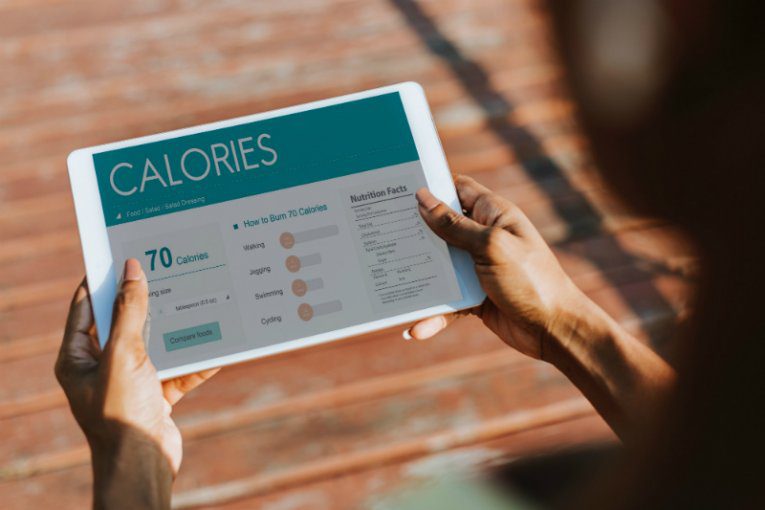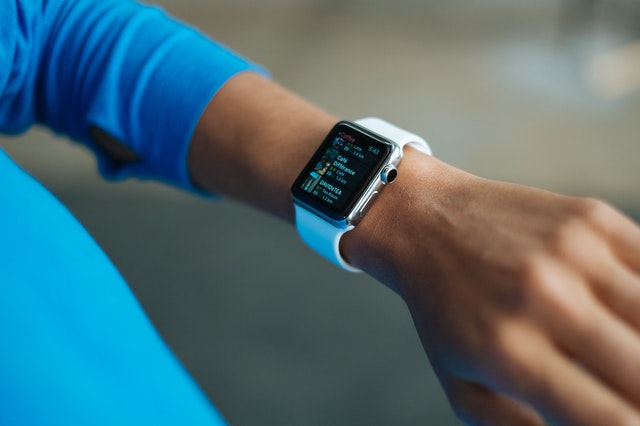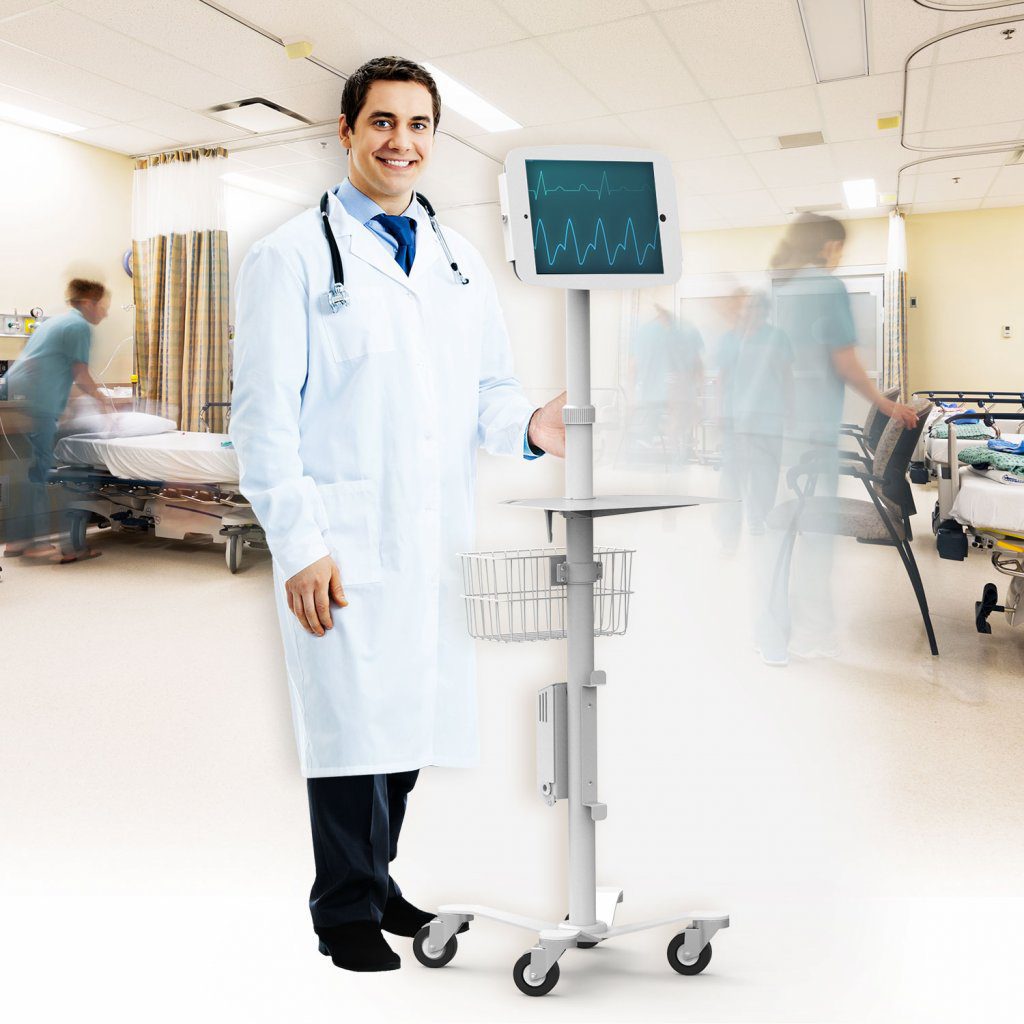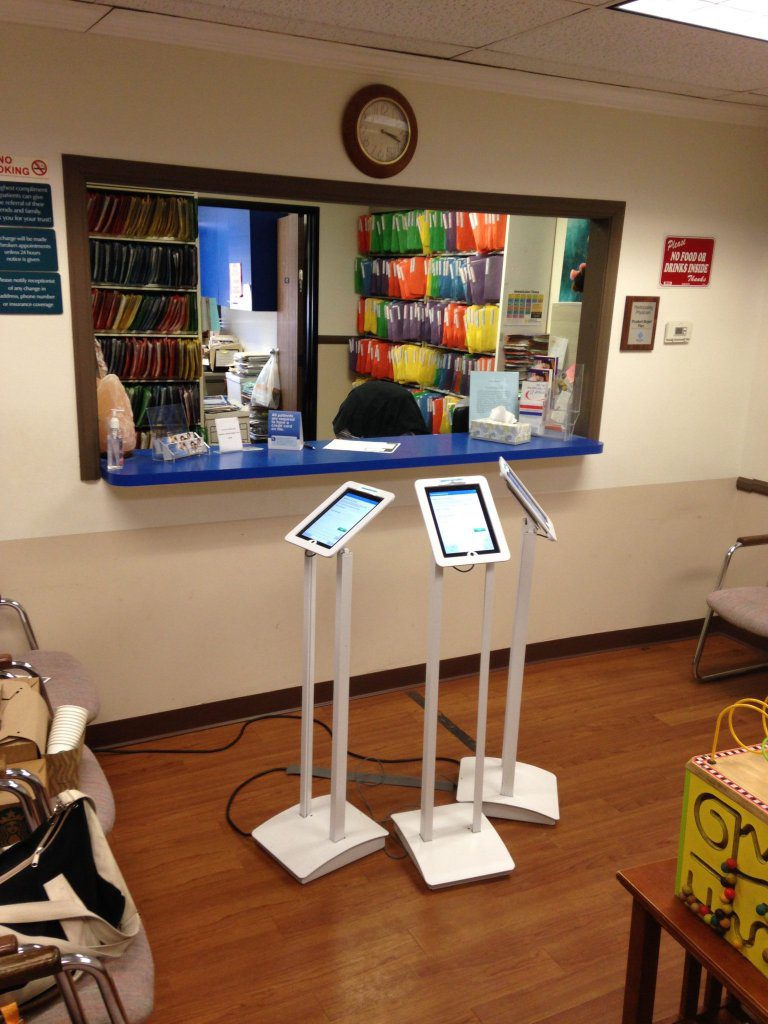
From millennials to seniors: how tablet kiosks and virtual care impact health
In today’s fast-paced world, where technology rules every aspect of a person’s life, the healthcare world is exploring the possibilities to improve lives and professionals work. From introducing high intelligence in robots, to revolutionizing health care through a virtual lifestyle check, all generations are impacted by the health and wellbeing endless innovations.
Virtual health care
With the increase of mobile applications and health-related software, people have increasingly started to rely on virtual health care to monitor their lifestyle, diseases, medications, and vital signs. Virtual care does not only help to avoid the issues of appointments, but it has decreased the number of medical errors, helping doctors and professionals having accurate health assessments, while reducing costs.
Different machines have been introduced to test diseases, for example, peripheral arterial diseases can be tested through an ABI machine and Tanita scales help physicians, clinicians and fitness experts measure and analyze body composition. Such devices have ensured quick assessments and accurate results, providing more reliance on virtual health care.
Surprising new actors
Companies like Google and Apple have made giant steps in order to conquer their share of the health sector.
Google’s parent company Alphabet is making significant investments in health, wellness, and life sciences, such as Google Cloud for healthcare data, Google AI for healthcare research, the Strems app for clinicians and Google Fit, the coaching app for a more active life.

Apple has also been an active participant to provide health care. Through its latest Apple Watch features, sensors and the company’s EHR (Electronic Health Record) system contribute visualize, securely store and share health records.
It supports data types such as allergies, conditions, immunizations, lab results, medications, procedures, vitals and greatly improves productivity by streamlining both clinical workflow and paperwork load.
Those companies are already intertwined in our lives. They are masters in creating user friendly interfaces. Their presence in the health sector seduces millennials who have already completely let them detain their personal data with less concern than older generations.
Health kiosks at workplace
Health-related technology such as tablets with software programs, in smart ergonomic hardware solutions, known as kiosks or automated healthcare kiosks, may just be the next big thing in the world of health technology. In the past, health care kiosks were basic developed, and limited to only be able to measure the blood pressure on the monitor. However, now they can do much more than that, including measuring BMI (body mass index), BFP (body fat percentage), heart rate, weight, and height. They also allow to set personal goals and better communicate with health care providers.
Healthy workers mean wealthy businesses, and this may be the reason that numerous businesses have started using digital health kiosk for the wellbeing of their workers. With built-in software, applications and friendly user interfaces, it has gained a fantastic response from workers, claiming that the interactive devices have helped them to monitor the patients’ health situations. While cost-benefit analysis clearly indicates potential savings and workforce wellbeing, the main challenges remain workers information, staff training and the interoperability between the kiosk and the existing systems.

Kiosks for the elderly
BeWell has brought health at patient’s fingertips through their WellPoint self-testing kiosk, this device will ask a series of questions from the patient and then the machine provides diagnosis along with recommendations for a healthier lifestyle. Such kiosks can be very useful devices for the home (or nursing homes), monitoring elderly patients or those who are unable to travel to hospitals, reducing the health-related expenditures and provide better health insurance for elderly people. This can be managed with rolling check-up kiosks including a tablet, a tray, a basket and other accessories to avoid patients moving more than necessary.
From diet recommendations to sleep tracking, interactive kiosks and devices also help seniors self-monitor and self-manage their health status. They also bring awareness as well as education for long-term healthy habits. This technology improvements make people feel safer, monitored and less neglected, and it improves the work for doctors, as the data has already been entered automatically which means that the appointments will be much more efficient.

Health information in public locations
The installation of kiosks in public locations improves health care access to the public and makes it easier for people to start owning their health and take better care of it every day. Apart from companies, many libraries have taken the initiative to introduce health tablet kiosks, especially for senior citizens, helping them avoid long waiting hours, help gain information with accuracy, providing concise health care information to the patient’s family.
Through researches led by the University of Pittsburgh, came to an understanding that older citizens were looking for more efficient and a safer way of healthcare. The result became a health kiosk, with a seated scale and ways to measure vital signs that is now used in Whitehall Public Library.
A swift for digital capabilities
A recent Accenture survey reveals tremendous differences in satisfaction levels between younger (Millennial and Gen Z) and older healthcare consumers, just as millennials in the U.S. become the largest living group and hold the most power to influence next generations healthcare models.
Today’s healthcare consumers expect convenience, affordability and quality in every stage of care they engage in. Younger consumers are not satisfied with healthcare’s status quo and consumers of all generations are more willing to try non-traditional services. Non-traditional healthcare, such as virtual care and retail walk-in clinics, is gaining in popularity and use.

“As more patients take control of their own healthcare, provider organizations must offer meaningful choices that fulfill the needs of all generational groups,” said Kaveh Safavi, M.D., J.D., head of Accenture’s global Health practice. “Providers and payers who stay one step ahead of the shifts and deliver what patients are looking for will be the ones to earn loyalty, navigate disruption and be strongly positioned as the future unfolds.”
In a nutshell, tablets, digital watches and virtual care are slowly being part of our daily lives and are revolutionizing the health world. With patients’ preferences for practices including digital capabilities on the rise, each part of the patients’ journey must adapt and connect the dots, from data to interface and patient experience to improved care and operations.
